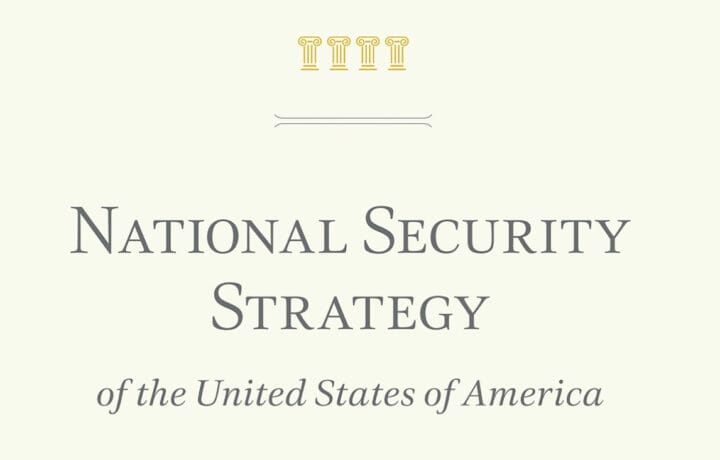I keep seeing the phrase “Trump’s shadow foreign policy” and it caused me to wonder if America has lost sight of who creates foreign policy, and who decides how to enact it, and who personally carries it out. Maybe the first question should be: Does any foreign policy exist if it isn’t the President’s?
I’ve served in executive branch institutes that craft foreign policy options for senior policymakers. Our ideas weren’t U.S. foreign policy yet, they were just options. The policy makers – those who serve in the president’s cabinet and often on the National Security Council (NSC) – then received those options via the National Security Staff and other White House staffs.
Even after all those members, (policy crafters, yet not policy deciders) of the executive branch have viewed, reviewed, and debated the policy ideas/options, it still wasn’t U.S. policy. Nothing became U.S. foreign policy until the President, or the person he delegated decision authority to, said they liked the idea, approved it, and asked for it to be implemented.
If the foreign policy option required certain formal agreements with other nations that congress had oversight of, then even the Senate was allowed to have its say before U.S. foreign policy was settled.
Can the President Run a Shadow Foreign Policy?
So back to the opening question: Who determines U.S. foreign policy and can the president run a “shadow foreign policy?”
In my experience and based on history and law, the President is the embodiment of U.S. foreign policy. He is the decision maker and executor. She can change U.S. policy over all the objections of her advisors in the blink of an eye. It might be a policy shift announced over Twitter or it might involve months of studies from across the government and debates in the situation room. But have no doubt, the President has the final say about the direction of foreign policy.
So, what is the “shadow foreign policy” people are referencing? There is a belief among some uninformed government members, politically appointed and permanent, that there is a U.S. foreign policy that is separate from the current president.
Where did they get that notion? Is there some truth to it? Let’s hit the second part first. There is no U.S. foreign policy that operates separately from the president. The first thing a President does after the election is hire his foreign policy cabinet members and start drafting the new U.S. foreign policy. Then the new presidential team spends a year crafting U.S. policy and publishing much of it in an unclassified form. Those policy makers continue crafting and changing foreign policy for the entire term of the president.
Where do some foreign policy actors in the administration get the idea that the president can be veering from the official U.S. foreign policy, if the president is the embodiment of it? Some government actors believe there is an enduring foreign policy that presidents must adhere to. Others believe that once the president chooses a policy option, that the president can’t change their mind. Both of these ideas are incorrect. The policy is actually decided by the citizens, and it can be adjusted regularly every four years in the presidential election. The president gets paid to create and change U.S. policy. The president can and should change policy whenever it is necessary to achieve U.S. aims.
Who Can Enact the President’s Policies?
What about the government foreign policy actors that complain that the president is using the wrong people to enact foreign policy? In the case of the ongoing Ukraine investigation in Congress, we see government workers upset that non-government colleagues of the president are carrying out foreign policy activities, as well. Here again the government employees are mistaken about how the president can achieve foreign policy aims. The president can personally carry out diplomacy with any nation or person in the world. They do it all the time in person, via communications tools, and by sending trusted colleagues to do so on their behalf. Those trusted colleagues can be and usually are government employees. But those trusted colleagues can be anyone in the world. The president is not limited in how he conducts diplomacy to carry out the foreign policy that they deem is best for America.
Is there a shadow foreign policy? No, the U.S. President is the the U.S. foreign policy, and creates it and carries it out on behalf of the citizens who elect them. Can the president send or use non-government or even non-U.S. citizens to carry out foreign policy? Yes, presidents throughout history have used every person that is willing to help them to achieve U.S. interests. Study the life of Kissinger to find examples over the last few decades.
If you really want to use the phrase “shadow foreign policy,” the best way to define it might be: the foreign policy that some members of the U.S. government mistakenly believe that only they are supposed to be carrying out, that is no longer in line with the policy direction of the president. In reality President Trump hasn’t been engaged in pursuing a “shadow foreign policy,” but some government employees that are out of synch with the President have been.




